


194 Posts
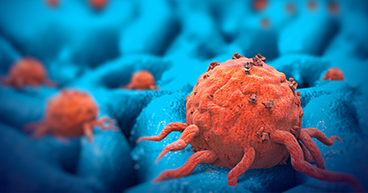
April 24, 2019
Are certain cancers becoming more common?Some types of cancer are increasing in prevalence, and experts are working to understand what is causing the uptick and how to treat patients.
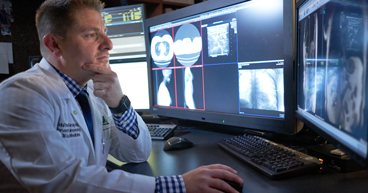
April 10, 2019
New techniques aiding in the fight against lung cancerThanks in large part to improvements in diagnostics and treatments, thousands of people are surviving lung cancer. The key is to catch it early, when the survival rate is much higher. Still, most cases are not diagnosed until advanced stages, which makes awareness initiatives around early detection efforts all the more important.

April 3, 2019
Cancer patients not immune from opioid addictionWhile media coverage surrounding opioid misuse in the cancer patient population is sparse, research does indicate that cancer patients are not immune to addiction. It is also clear that opioid prescribing rates among cancer patients are substantially higher than those of other patients.

March 27, 2019
Tips for managing the physical side effects of cancerManaging the side effects of cancer doesn’t always require medications. In fact, many times, lifestyle-related changes may help.

March 8, 2019
5 breakthroughs in cancer detection and treatmentCancer treatment and detection has progressed in leaps and bounds since 3000 B.C., when Ancient Egyptians concluded there was no way to treat the disease. Advances have particularly grown over the past couple of decades. Daniel Nader, DO, FCCP, FACP, Chief of Staff at our Tulsa hospital, outlines five recent innovations as the treatments to watch out for.
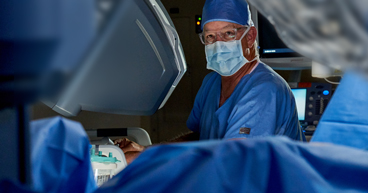
February 27, 2019
Studies conclude open surgery a better option for early cervical cancer than less invasive proceduresLearn why minimally invasive surgeries may not be a good option for patients with early-stage cervical cancer.
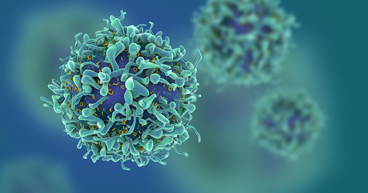
February 20, 2019
11 myths about cancer, debunkedThe internet is rife with misinformation about what does and doesn’t cause cancer, and how to treat the disease. We bust 11 of those myths.
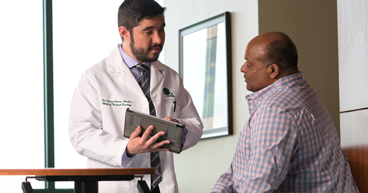
February 13, 2019
Liver cancer: Why do more people have it, and what's helping fight the upward trend?Liver cancer incidence is on the rise. But lifestyle changes and new treatment options may help lower the risk.
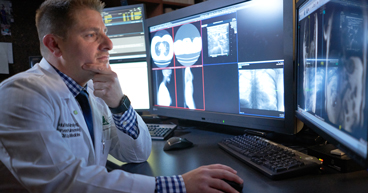
February 7, 2019
7 things everyone should know about lung cancerLung cancer remains the deadliest form of the disease. But new tools are being developed for early screening. Learn what else everyone should know about lung cancer.
Guidelines
The information contained in this blog is not intended nor implied to be a substitute for professional medical advice. Always seek the advice of your physician or other qualified health provider prior to starting any new treatment or with any questions you may have regarding a medical condition. Nothing contained in the blog is intended to be used for medical diagnosis or treatment of any illness, condition or disease.